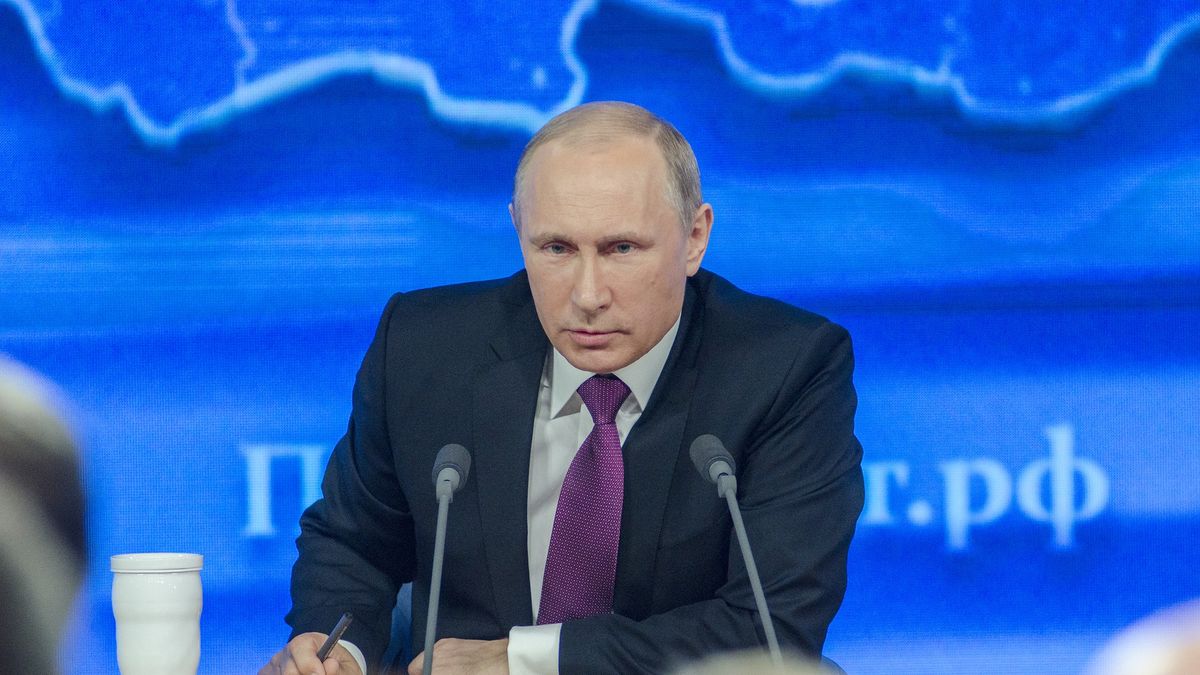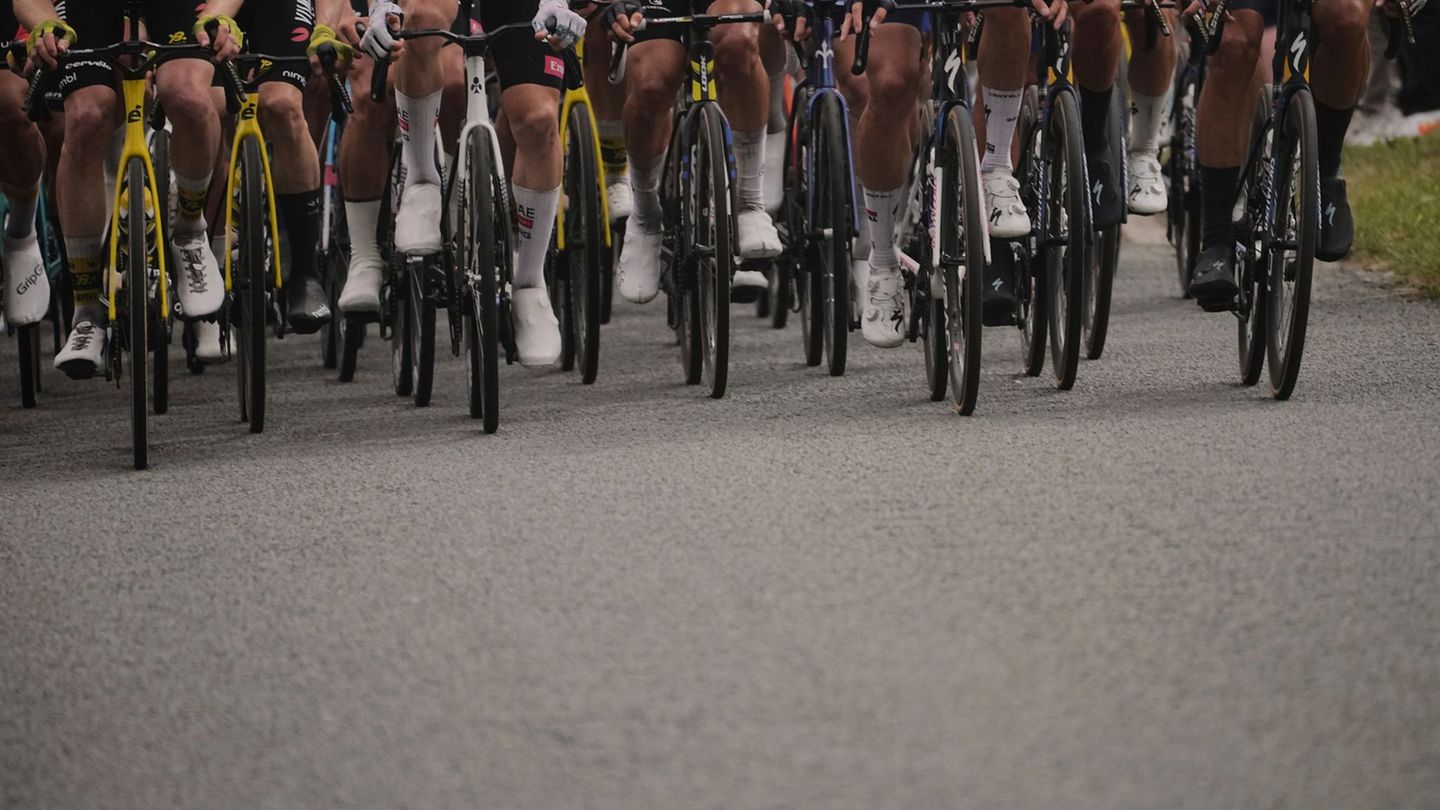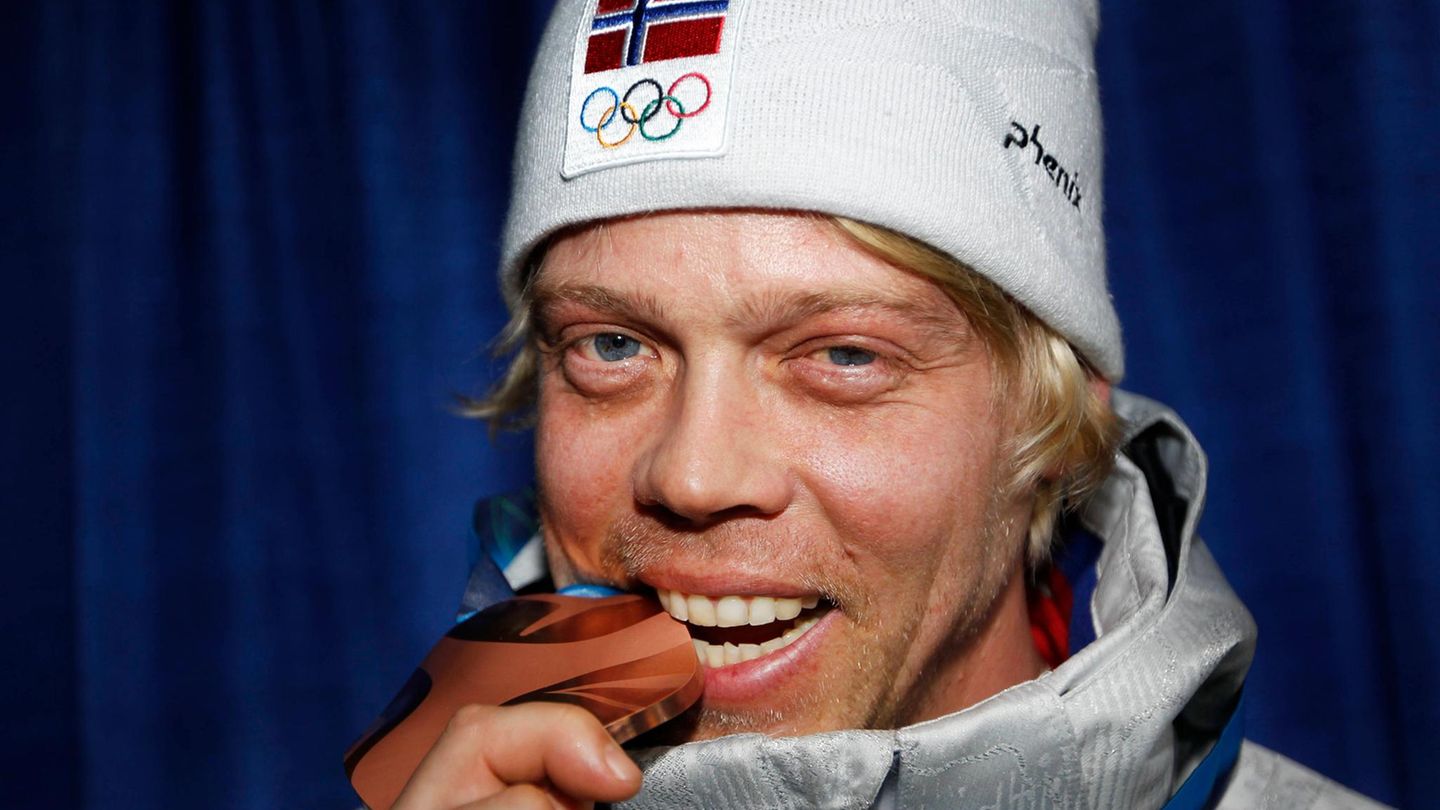“I am going to inform you (…) of how the negotiations are developing, which now take place almost every day. There are certain positive steps,” he said, without giving more details.
Since the Russian offensive in Ukraine began two weeks ago, three rounds of talks have been organized in Belarus, which were focused above all on the creation of humanitarian corridors for civilians.
On Thursday, the Russian and Ukrainian foreign ministers met for the first time in Turkey since the attack began, but there was no progress towards a ceasefire.
The Russian president has insisted several times in recent days that the fighting will stop when the Ukrainian government and Western countries give in to his demands, such as the neutrality and “demilitarization” of Ukraine, as well as the recognition of Russian sovereignty in the Crimean peninsula, annexed in 2014.
War in Ukraine: attacks continue
Russian troops tightened today, on the sixteenth day of the invasion of Ukraine, their siege on the capital Kiev, converted into a “fortress”, and attacked several cities near its borders with the European Union, while the Ukrainian authorities denounce attacks on civilians in the humanitarian corridors and the UN confirmed that there are already 2.5 million people who have fled the country.
The Ukrainian army warned in a midnight report that “the enemy is trying to eliminate the defenses of the Ukrainian forces” in numerous locations west and north of Kiev with the aim of “blockading the capital.”
The mayor of the capital, the famous former boxer Vitali Klichkó, said that half the population had left and that the city, previously with almost 3 million inhabitants, “had been transformed into a fortress”.
“Every street, every building, every checkpoint has been fortified,” he said.
The Russians surrounded at least four major Ukrainian cities and sent armored vehicles to the northeastern flank of Kiev, where suburbs such as Irpin and Bucha have been bombed for days.
In addition to deepening the attack against the capital, the army attacked three new cities: Dnipro, in the east, Lutsk and Ivano-Frankivsk, 87 kilometers from Poland and 153 from Romania, respectively.
In Lutsk, two Ukrainian soldiers were killed and six have been wounded.
The Russian offensive continues in Kharkov, where they shot at a psychiatric hospital in which 330 inmates had taken refuge in a bomb shelter.
The British Ministry of Defense indicated that this strategy of surrounding cities “will reduce the number of forces available to advance and slow down Russian progress.”
Russian President Vladimir Putin continues to deploy his strategic chessboard and today ordered his Defense Minister to propose military deployments on Russia’s western border, in response to those carried out by NATO in Eastern Europe.
“Regarding the reinforcement of our western borders due to the actions taken by the NATO countries […]this needs to be studied, I ask you to prepare a report for me,” Putin told his defense minister, Sergei Shoigu, during a televised meeting of his Security Council.
NATO countries have deployed thousands of troops in Central and Eastern Europe in reaction to Russia’s military intervention in Ukraine, while Russia demands just the opposite: a withdrawal from the Alliance.
In the strategic port of Mariupol, on the Sea of Azov, the Ukrainian president, Volodimir Zelenski, denounced “an attack with tanks” on the route where he had sent a convoy with food, water and medicine for the city. “It’s assumed terror, unabashed terror,” he said.
The situation is described as “apocalyptic” in this city where the day before yesterday a pediatric hospital was bombed, causing the death of three people, including a girl, in an attack that is roundly condemned internationally.
Its mayor Vadim Boishenko assured that Russian aviation bombed residential areas “every 30 minutes” on Thursday, “killing civilians, the elderly, women and children.” According to him, more than 1,200 residents died after ten days of siege.
The local representative of the International Committee of the Red Cross, Sasha Volkov, warned that some residents “have started fighting over food” and that many were left without drinking water.
Both sides agreed -with disagreements and mutual reproaches of non-compliance-, humanitarian corridors that allowed the evacuation in the last two days of some 100,000 civilians from the northeastern Sumy, the eastern Izium and the outskirts of Kiev.
Moscow assured that it would open daily corridors to evacuate civilians to Russian territory, but Kiev rejects the routes that lead to enemy territory.
The UN Refugee Agency (UNHCR) announced today that the conflict has caused 2.5 million people in these 15 days.
The United Nations indicated that two other maternity hospitals were attacked and destroyed in addition to the one in Mariupol.
In Turkey, “there was no progress” in the meeting between the diplomatic chiefs of both countries, not even for a 24-hour ceasefire, lamented the Ukrainian Foreign Minister, Dmytro Kuleba.
His Russian counterpart, Serguei Lavrov, was open to continuing the negotiations, but with lower-ranking interlocutors and in Belarus, and insisted that his intervention in Ukraine was to defend himself against threats to his security.
On February 24, Russia launched a military offensive in Ukraine under the justification that the Kiev government had been committing crimes against the inhabitants of two Russian-speaking provinces in the Donbass region, which Moscow had previously recognized as independent states.
The Kremlin’s claim includes the violation by Ukraine of the Minsk Peace Agreements of 2014 and 2015, which forced Kiev to give those two cities -Lugansk and Donetsk, which in separate referendums voted to separate from Ukraine- autonomy and possibilities to choose their own regional authorities.
Ukraine, on the other hand, affirms that with the military operation Russia intends to destroy Ukrainian culture and history, and to overthrow President Volodomir Zelensky to promote a leader close to Moscow to come to power.
Source: Ambito
David William is a talented author who has made a name for himself in the world of writing. He is a professional author who writes on a wide range of topics, from general interest to opinion news. David is currently working as a writer at 24 hours worlds where he brings his unique perspective and in-depth research to his articles, making them both informative and engaging.



